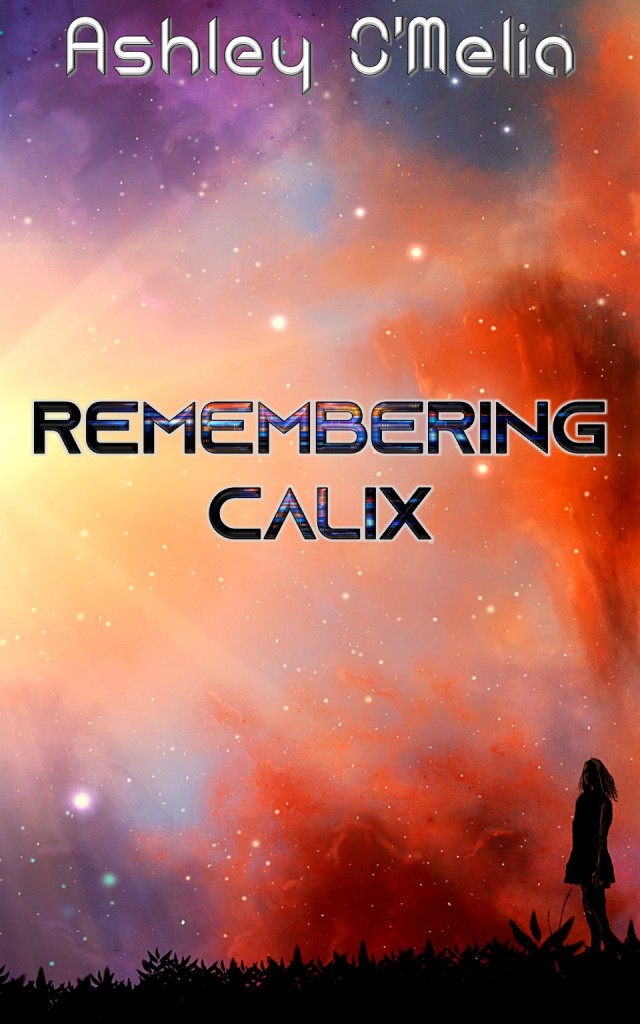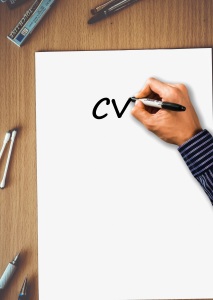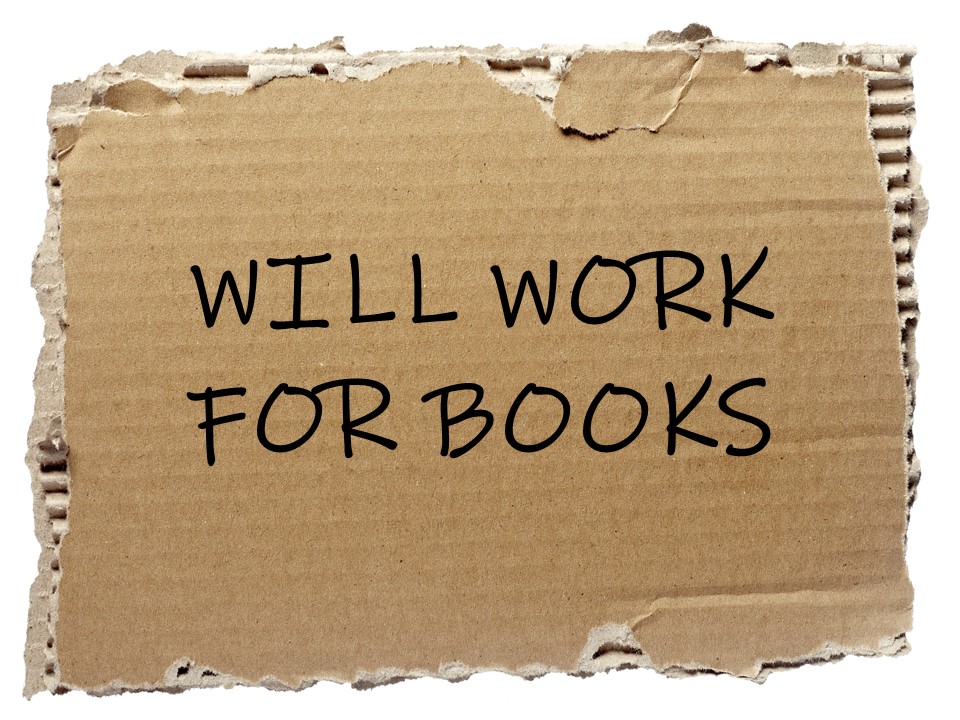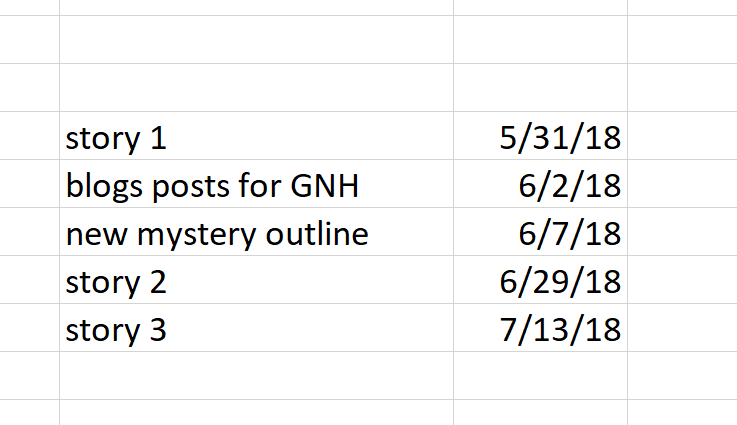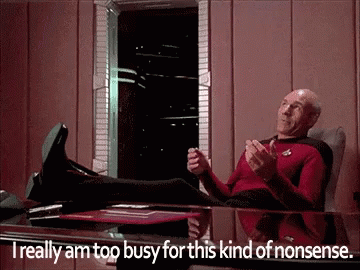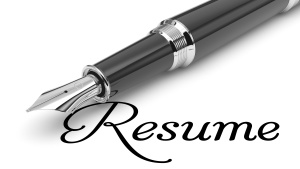Let’s face it; Resumes are a necessary evil in the job search process. Yet, there’s no way a piece of paper can truly reflect who you are OR the value of your skills. Nonethless, it is generally required in the process.
So if you are going to write a great resume, DO IT RIGHT. To do it correctly, you need to understand the true purpose of a resume which is (drum roll please) To Get an Interview! I repeat the goal of a resume is to get an interview.
As an HR professional, I’ve had countless friends, family and strangers ask for advice on their resume. Below is a complete overview of the key tips on how to write a resume. I have organized these tips by questions that I’m commonly asked relating to resume writing.
1) How long should my resume be?
Let’s get started. Keep in mind your primary goal — USE YOUR RESUME TO GET AN INTERVIEW! Think of your resume as an ADVERTISEMENT.
To do so, your resume should be two pages or less (NO Exceptions). Write a one page resume when you have LESS THAN TEN years of work experience.
For my readers who have more experience, I understand it can be a challenge to summarize twenty or thirty years of work experience into two pages. Remember the average recruiter/ HR professional spends ten to fifteen seconds reviewing your resume before deciding on the next step – Interview or Reject. Less is more.
In order to keep your resume at two pages or less, focus on your work experiences that are most applicable to your dream job. In addition, do not list the same job responsibilities over and over. For each job, focus on the most relevant job responsibilities. Below are two excerpts from the professional experience section of a resume that demonstrate this concept better. Both are from a resume for a management role.
- Example 1 (Let’s call the imaginary candidate John Smith) repeats the same responsibilities over and over.
- Example 2 (Let’s call the imaginary candidate Jane Doe) shows growth in experience by stressing different items under each job. Jane Doe’s resume shows a variety of experiences thereby reflecting a more desirable background.
Professional Experience
Example 1: John Smith
XYZ Company (Most Recent Employer)
- Managed a team of ten finance professionals
- Performed performance reviews, coached employees and provided managerial support
- Recruited and hired team members
- Coached, instructed and led major team projects on financial systems
ABC Company (Prior Employer)
- Managed a team of eight finance professionals
- Performed performance reviews, coached employees and provided managerial support
- Recruited and hired team members
- Managed major team projects
Professional Experience
Example 2: Jane Doe
XYZ Company (Most Recent Employer)
- In addition to leading a team of ten finance professionals, managed large team projects
- Managed a company wide project to revamp the financial reporting system. Partnered with an external systems vendor to design, develop and implement the new system
- Saved the company $5 million due to the system implementation
ABC Company (Prior Employer)
- Managed a team of eight finance professionals
- Performed performance reviews, coached employees and provided managerial support
- Recruited and hired team members
- Managed major team projects
Do you see the difference? Jane’s background reflects additional skills such as costs savings, vendor management, systems implementation etc…
Additionally, here are some more tips on how to write a great resume:
- For experienced job seekers, do not list all of your experience. Go back ten to fifteen years MAXIMUM and move forward from there. Again, ensure your resume is no more than two pages in length.
- For entry-level job seekers, focus on the experiences MOST relevant to the job. Keep your resume to one page.
- TIP: To all college students; do EVERYTHING that you can to get an internship in your field of interest. This experience is of immense value in your job search.
- For those looking to make a career change, break the experience section of your resume into two parts:
- Relevant Experience (for the experience most relevant to your desired job)
- Additional Work Experience (outlining other work experiences)
Now, for those of you who work as Freelancers or Consultants…you may be thinking — “How do I keep my resume to a maximum of two pages? I’ve worked for so many different places.” Keep reading! The answer is below.
2) What type of resume format should I use?
There are 2 commonly accepted formats for resume writing. Each is briefly described below with recommendations on the ideal situation for using each of these formats.
- Chronological: A chronological resume lists your work experience in chronological order most recent role first by employer. This is the most commonly recognized and accepted format by employers. Although the most recommended format, it is BEST when an individual has a solid work history. If you have changed jobs frequently or are attempting to make a major career change, I would not recommend this format. It will unnecessarily draw attention to your job changes.
- Click here for a Chronological Resume Example. Again, this is the most commonly used format. A good chronological resume will demonstrate a variety of experiences within your field and relating to your dream job.
- Functional: A functional resume lists your work experience without reference to specific employers but listing it by experiences or functions performed within the job. These resumes are best used when an individual has a poor work history (i.e. changes jobs frequently). Since the actual jobs are listed last on the resume, you are able to draw the reader in based on your functional work experience and hope that they do not focus on your frequent job changes.
- Click here for a Functional Resume Example. The bold items in the example (such as Project Management and Business Analysis) are the functions. Generally a good functional resume will have four to ten different functional areas listed (depending on your level of experience). The best functional resumes use the key words in the job description as the functions.
Please note: the two resumes examples are provided solely to demonstrate format. They are “fake” resumes for an IT Manager role. Remember, although the chronological resume is the most widely accepted by employers, format is a personal choice based on your situation. Please pick the resume format that you think will work best for you.
- NOTE: The functional format is the BEST format for Freelancers, Consultants, Independent Project Managers etc...

3) Can you give me some writing tips for a resume?
In the case of any document, certain writing “rules” apply. Universally, resumes should be written using the following rules:
- The writing style should be consistent. In other words, if you bold the name of one employer, you should bold the names of ALL of your employers.
- NEVER use words like I, my or we.
- Choose a readable font style (i.e. Arial, Times New Roman etc) and ensure that your font size is READABLE. Please do not use a font any smaller than 11 point.
- Use Action Verbs – In order to get your resume recognized, you need to grab the reader’s attention ASAP. Action verbs allow you to do so. Using action verbs also allows you to be more concise. Avoid using passive words such as “Responsible for”. Instead explain your achievement/ outcome and how you did it OR the benefit of the action. Please compare the 2 examples below. Assess for yourself – Which has more attention grabbing language?
- Action verb example: Reduced technical training costs by $3.5MM (a 64% decrease) through strong negotiation techniques.
- Passive words example: Responsible for the technical training function of a software organization. Responsibilities included working with vendors and negotiating new training rates.
- Be concise as you describe your experiences. As mentioned earlier, an employer will only look at your resume for ten to fifteen seconds, so don’t over-complicate things. You need to catch their attention FAST.
- Use Spell Check and ask someone to proofread your resume. There must be no spelling or grammar errors.
- Avoid acronyms, abbreviations and overly technical jargon UNLESS widely accepted. It is unlikely that your reader (usually an HR person) will know the meaning.
- Ensure white space. If your resume is too “over-crowded”, it will be hard to read. If difficult to read, the quick ten to fifteen second scan will miss the key items that you want noticed by your reader. As a result, keep some white space.
- The 2 easiest ways to ensure white space are:
- Use bullets in your resume
- Keep your sentences short and concise. The longer the sentence, the less white space.
4) How do I get my resume recognized? What makes my experience sound better than others?
The best advice is NO gimmicks when writing your resume. There was a time where people used colored paper, included their photos on their resume to be pulled out of the pile. Today, there is no pile. Most resumes are submitted through an on-line tracking system. Most of these on-line systems automatically “pre-screen” your resumes for certain key words relating to the job posting of interest. This automated screening process provides the resume reviewer with a ranking for each candidate. The tips below are ways to be ranked high. Your audience will review the highest ranked candidates first. As a result, the best way to get your resume recognized/ ranked highly is to do the following:
- Use Key Words — As mentioned above, most of the on-line resume submittal systems do automatic searching for key words and will “rank” the resume for the recruiter/ HR professional doing the initial review. As a result, review job descriptions of your desired job. Be certain to include key words (of importance) from those descriptions in your resume. The use of these key words will rank you at the top — above the competition.
- Include Accomplishments (results of your actions): Generally accomplishments are measurable, therefore use numbers (or percentages) to demonstrate and/or quantify the impact (or benefit) of your actions.
- Target the job: Be sure to think about the job and customize your resume to the position by highlighting relevant experiences.
5) If I really want a job, is it OK to exaggerate on my resume?
ALWAYS be honest about your experience: You want your resume to sound good but not “too good to be true”. (When too good, Employers become suspicious). I’m not saying you can’t slightly exaggerate or be clever in the descriptions of your experience but don’t LIE. Background checks are becoming increasingly sophisticated so you could easily get caught which could be immediate grounds for termination. True story below!
With over twenty years of HR experience, I’ve fired people for this exact thing. One case was particularly sad. An individual didn’t have a college degree but had seven years of financial analysis experience. He had a decent paying job with a competitor. Then his wife was diagnosed with cancer spurring him into a job search to increase his salary. He applied to a job posting for a Sr. Financial Analyst at my company. The job posting said Bachelor degree required.
Now we can debate all day whether it should or should not be required but it was for this job.
He didn’t have a Bachelor degree so he lied on his resume and application. Additionally, he verbally stated he had a degree during his interview. He was an impressive candidate and was offered the job contingent on his background check.
He gave notice at his current employer who walked him out because he was going to work for a competitor. He started with us the next Monday. He worked for a week when his bacground check uncovered he hadn’t completed his degree. We had a firm policy about terminating for misrepresentation or lying on an application, no exceptions. As a result, the company had no choice but to terminate his employment.
When confronted, the gentleman emotionally divulged the truth and shared the details of his wife’s cancer. We empathized. Outside of policy, we called his former employer to see if he could return to work there. Unfortunately, they wouldn’t rehire anyone who had left to go to work for a competitor (even if only for a week).
This tragic situation demonstrates the importance of being honest on your resume and application.
6) What are the best parts/sections to include in my resume?
Each resume can be unique but most resumes contain the following sections:
- Contact Information: Includes your name and pertinent contact information. If possible, be sure to provide an email address, a link to your professional networking profiles (such as Linked In) and most importantly two numbers where you can be easily reached by phone.
- Objective: If you do not have a cover letter, I would definitely recommend an objective. This is statement of intent (i.e. what type of role, company etc.) that you are seeking. Customizing this for each job to which you apply will generally yield better results.
- Career Profile/ Summary: The summary includes briefly highlighting your skills and relevant qualifications to the target job to encourage continued review of your background.
- Education: This is an overview of educational history including information such as school name, date of graduation, GPA, major field of study etc…
- Qualifications/ Computer Skills: Includes qualifications relevant to your field as well as computer skills used frequently throughout your work experience.
- Professional/ Work Experience: Your employment history such as employer name, dates of employment, job titles and specific work experiences belong in this section. Remember, this area is where to use your action verbs and key words to describe your professional experiences.
- Professional Organizations/ Associations: If you are a member of an organization and/or have held an office in a professional organization, this information should be provided under this heading especially if the organization is related to the target job or industry.
- Awards/ Honors: If you have been honored in your professional or academic career and have been formally recognized in some manner, this is the perfect place to include that information on your resume.
Additional sections that are less commonly used include:
- Military Experience: Highlights experience in the military. Many companies are targeting individuals with this experience so it can be particularly helpful in attracting an employer seeking these skills.
- Publications: Although uncommon, if you’re fortunate enough to have any professional works published, this is the opportunity to put a spotlight on the relevant accomplishments.
- Volunteer Experience: Highlighting volunteer and community activities can be impressive to employers dependent on the role and culture of the company.
- Hobbies: Although not commonly provided, on occasion, individuals will provide a list of hobbies that they think may be relevant to give a sense of them as a full person OR to add additional length to your resume in order to complete a full page. (i.e. you have ¾ of a page of a resume and need to fill in the remainder of the page)
- References: Rarely included on the resume any longer. Usually added to the job application instead.
BEST PRACTICE ALERT:
- Update your resume even when you’re not looking for a job. Things can change at work (i.e. layoffs, new boss etc…) impacting the overall dynamics and turning your dream job into a nightmare. As a result, update your resume at least once a year to highlight your most relevant experiences.
- Clean up your Social Media presence.
- Ensure your LinkedIn profile is updated (Employers do double check)
- Clean up your other accounts (i.e. Facebook, Twitter etc). Many people believe these are personal accounts but employers will check your profile. Be sure to remove blatant inappropriate post including profanity, nudity etc…
-
- True Story: I worked for a company with a strict ‘NO SMOKING’ policy. A Recruiter checked a potential candidate’s Facebook profile and saw multiple photos of the candidate smoking cigarettes. The candidate was not contacted for an interview. I know it may not seem fair but everything is open to judgement, Be Smart!
- Apply to jobs that match your background. For example: If you have ten years of customer service experience, don’t apply to a job for an Information Technology Director because you’ve used a computer. Be realistic in the jobs you select.
If you follow the tips above and you meet the qualifications for the job, the employer should notice your resume. Once noticed, ideally you’ll be contacted for an interview. It is a numbers game (i.e. you will need to submit lots of resumes- follow the old adage, don’t put all of your eggs in one basket).
Think positive!!! With a great resume and you’re on your way to your dream job!!!
* * *
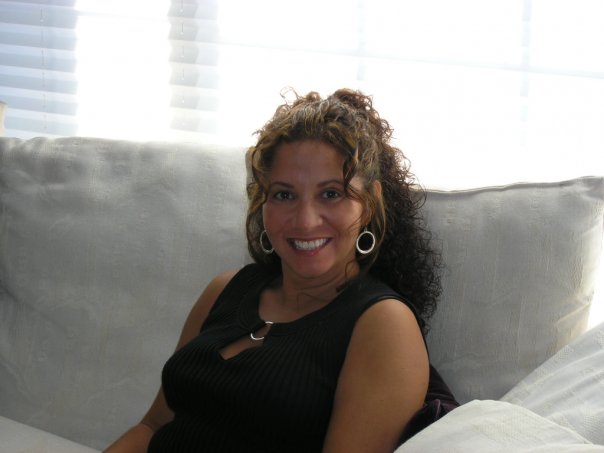
After over twenty years in HR, Chloe sprinted back to her first love, writing. Combining her love of the written word with a unique take on her HR background, she peeked behind the corporate veil to write compelling mysteries with a twist.
Chloe lives in the greater Cleveland area with her husband, Mike.
Contact the Author:
Email: chloe@chloesunstone.com
Facebook: www.facebook.com/ chloesunstone
Website: chloesunstone.com
Publisher:
Silver Summit Software, LLC
5900 Som Center Road, Suite 12-161
Willoughby, Ohio 44094
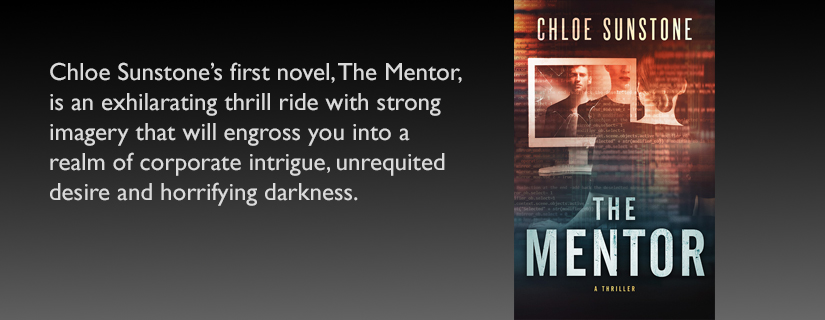
“The Mentor”
Chloe Sunstone released her first novel, “The Mentor” today. Chloe takes the reader on a fun and provocative ride of corporate intrigue.
As evidenced by the “Me Too” movement, corporations today are met with countless challenges when powerful people abuse others. Power can breed corruption. This book puts an intriguing spin on unchecked corruption and unspeakable revenge.
About the Book
When nerdy Arthur gets the chance to mentor the beautiful Sage, he’s instantly smitten. But things change when she becomes a target for a deranged killer.
As other young women are murdered, Arthur’s fight to protect Sage–and his own dark secrets–leads him down a path where he comes
face-to-face with an elusive assassin.
Will Arthur emerge a hero or become the next victim?
If you love gripping thrillers, grab Chloe Sunstone’s, “The Mentor”.
Readers can enjoy this thrill ride at The Mentor by Chloe Sunstone





